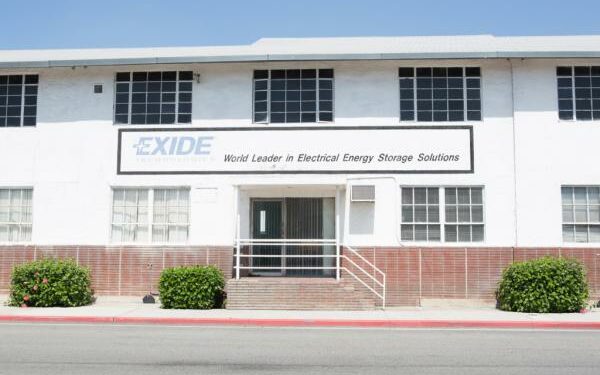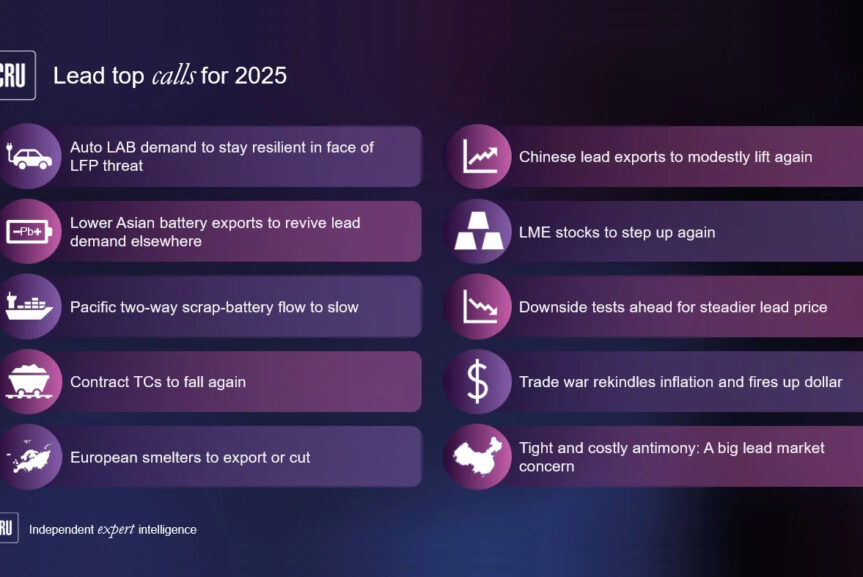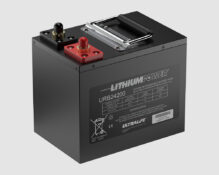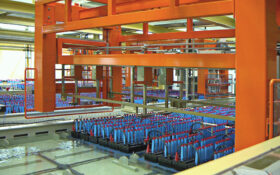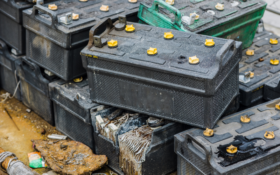American lead-acid battery manufacturer Exide Technologies has received eight violations for failing to protect against toxic waste spills at its battery recycling plant in Vernon.
An inspection by the Californian Department of Toxic Substances Control (DTSC) and U.S. Environmental Protection Agency inspectors on 20 and 21 January, 2015, and oversight activities on 12 December, 2014 revealed incidents of non-compliance with Exide’s hazardous waste permit at the plant during an inspection of the facility.
Among the most serious violations observed by DTSC inspectors was treatment of contaminated sludge in tanks that Exide is not authorised to operate at its Vernon facility.
Inspectors also found evidence the company had failed to sufficiently protect against spills in an area where it stores materials including battery acid.
Exide recovers lead from lead bearing plant scrap and secondary materials, primarily from lead-acid battery manufacturers. These activities require a hazardous waste facility permit from DTSC.
Exide is one of only two lead-acid battery-recycling plants west of the Rocky Mountains in western America.
The Vernon plant had a capacity of recovering 100,000 to 120,000 tons of lead per year, equivalent to recycling 11 million car batteries, according to the DTSC website.
In a statement Exide said it is working to fix the violations and was set to spend $15 million to upgrade the Vernon plant, total bringing its total investment in environmental, health and safety measures at the Vernon facility to $35 million since 2010.
Tom Strang, vice president, environment health and safety for the Americas at Exide Technologies, as said: “The company is already taking action pursuant to the Notice and will continue to work with the DTSC so that all applicable standards and protocols are met. We intend to operate a premier recycling facility.”

